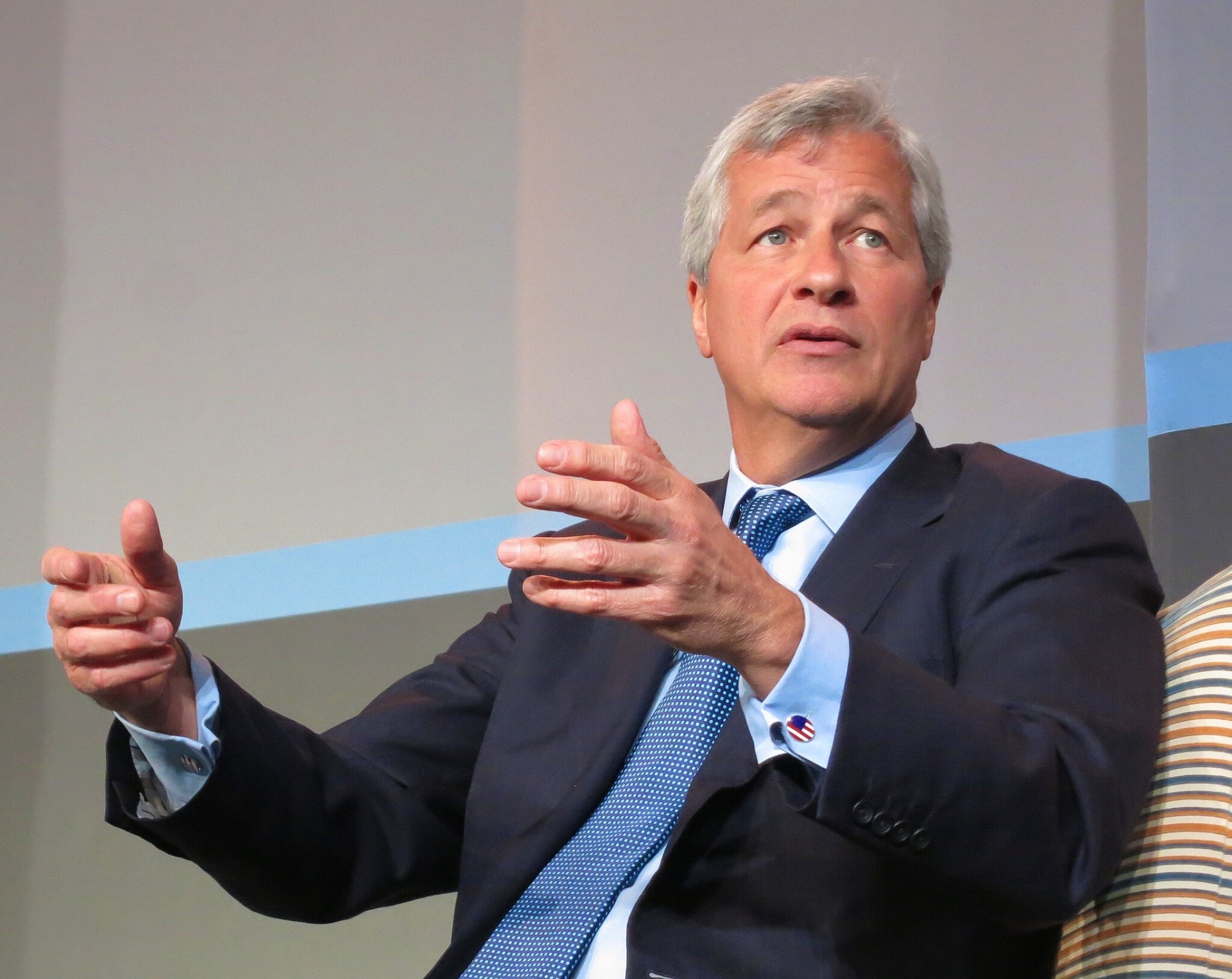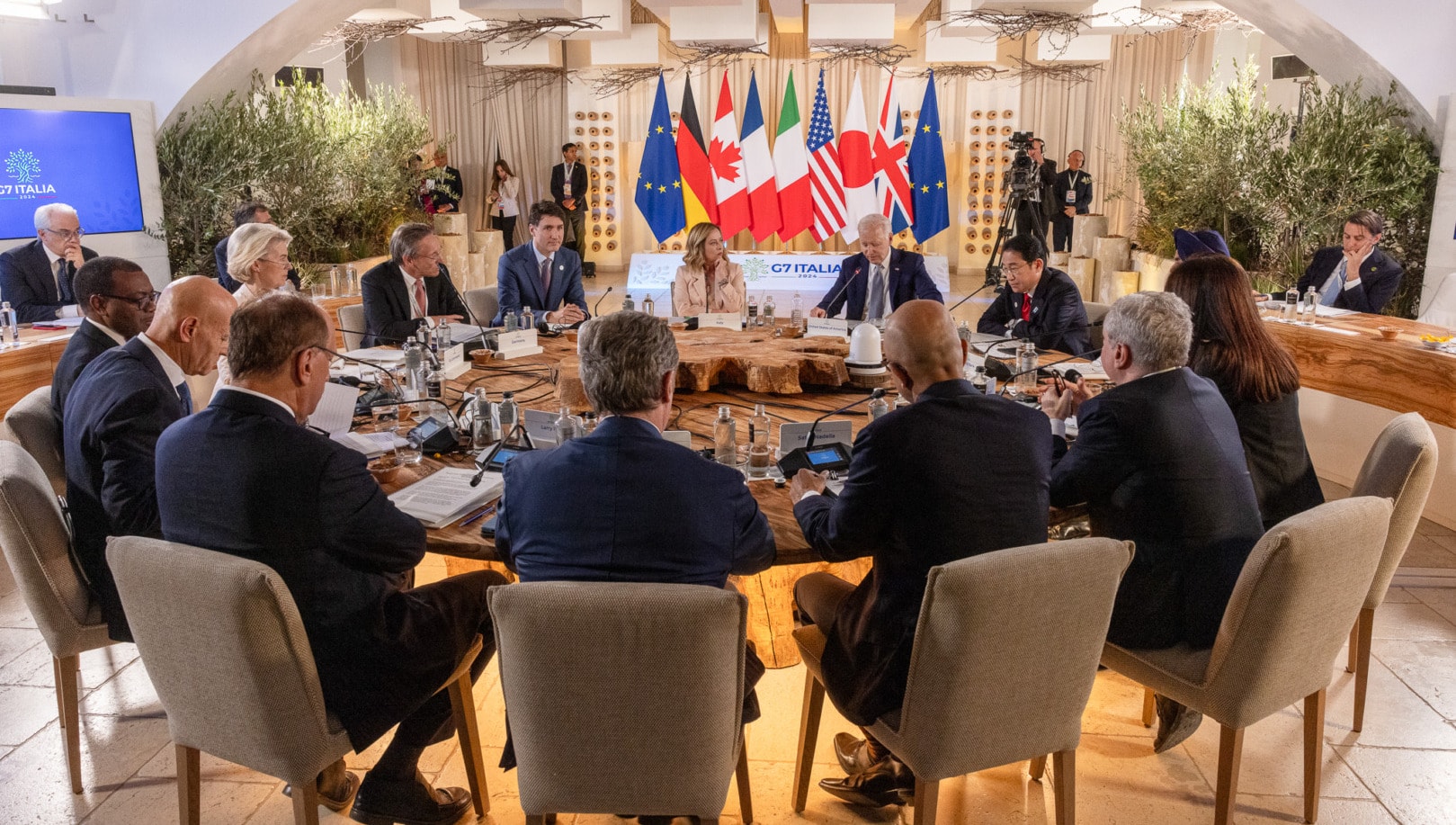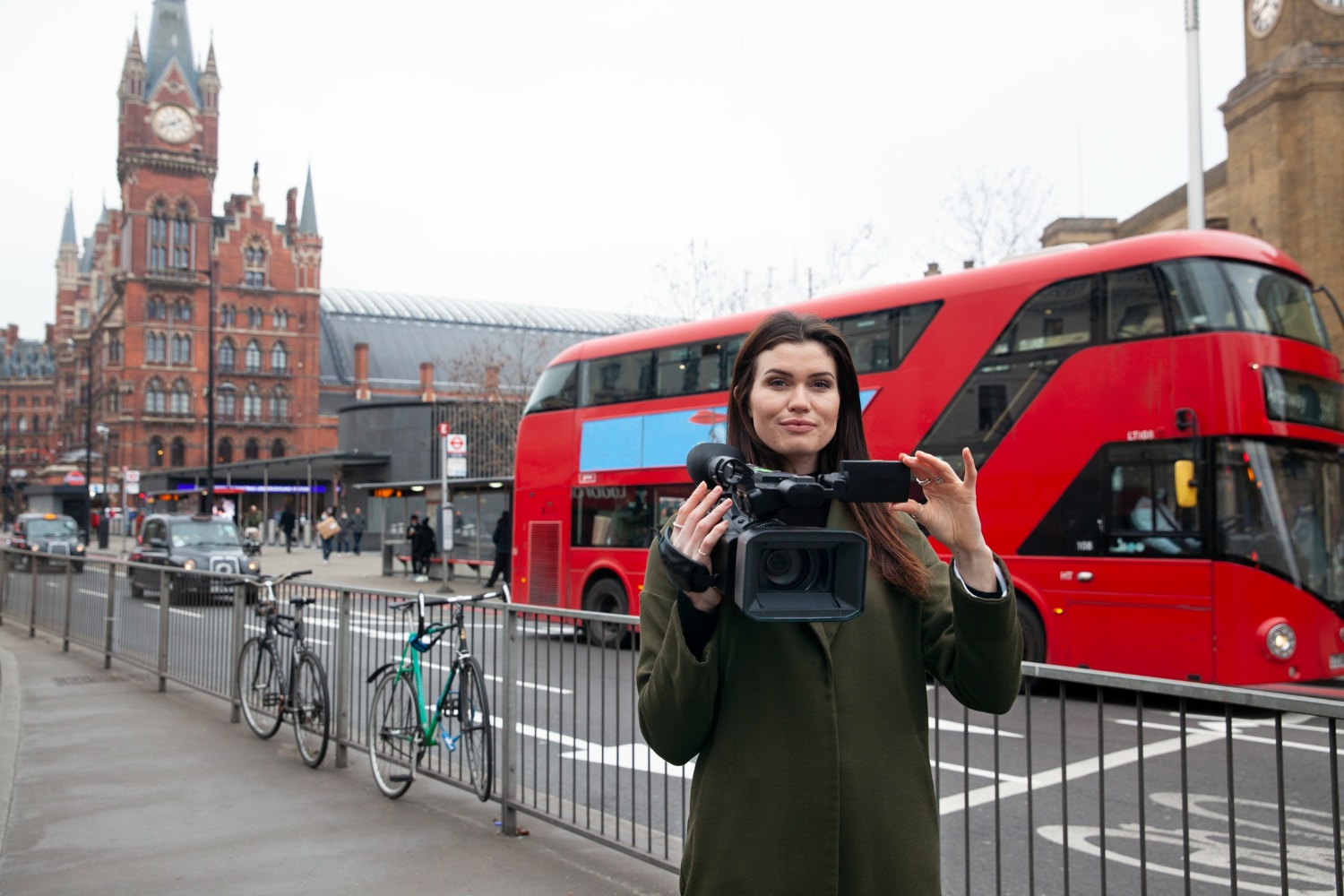So, you’ve liked Leonardo DiCaprio’s article about Climate Change on Facebook, you’ve retweeted the #TenYearChallenge of our plastic filled oceans on Twitter, and you’ve commented on David Attenborough climate speech on YouTube. But nothing progressive has been done, no doable plan has been drawn, and no commitment has been made. The Earth is still warming at an alarming rate, millions of tons of plastic are still entering our oceans every year, and animals and plants are still dying at an unprecedented speed.
Something is missing. Among our speeches, TED talks, ads, tweets, banners and flyers, there is an area which has not been addressed properly, one which holds the key to solving the challenge of our lifetime — we have failed to change our behavior. Yes, I know, changing our own behavior is the last thing we want to do. Besides, what difference can one’s behavior make compared to governments’ policies? But you see, the government is not going to change if you don’t, and you are not prepared to change with the government’s inaction.
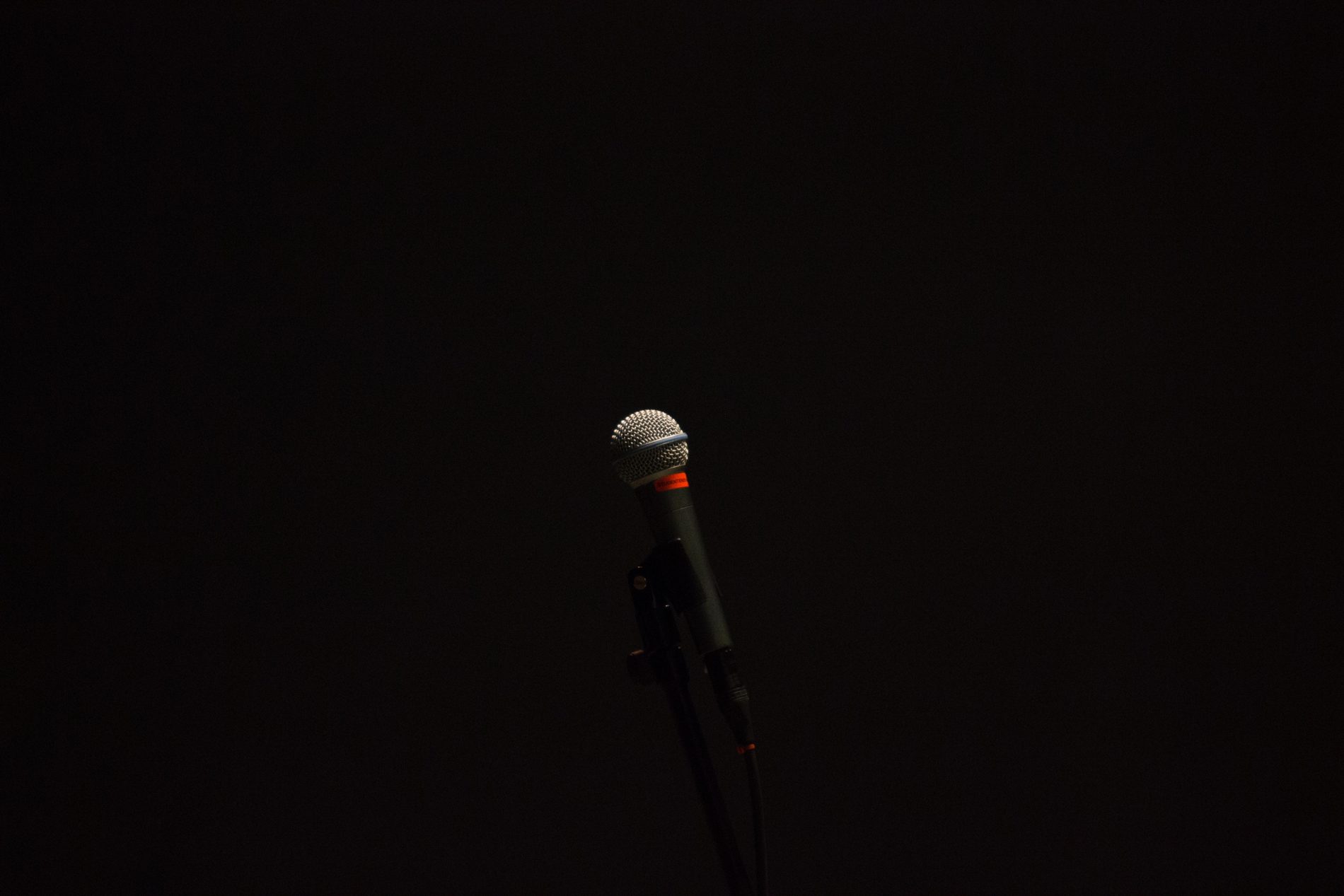
In the photo: Among our speeches and talks, we are missing something. Photo credit: Daniel Sandvik on Unsplash
But you might say: “What about the Paris Agreement, that’s good, isn’t it? That’s action, isn’t it?” Yes, but that action is nowhere, nowhere enough to save our world from warming that will bring catastrophic damage to the Earth. And many politicians are using the Paris Agreement as a way to gain popularity, as a way to show that they care about our planet, but in actual fact, the state of Earth in 2050 is the last thing they care about because it doesn’t concern them, literally.
Politics aside, most of our current approaches to sustainability fail to evoke action from the end user themselves, hence the necessary sale cannot be achieved to have a sufficient impact. Speeches and campaigns are exciting, raising our heart rate and often invoke passionate rage and the desire to go out and act.
However the day after, everything goes back to normal. Indeed, those speeches can only kickstart a movement, but without the changing of thought and behavior, it cannot be sustained. When you listened to David Attenborough’s speech on protecting the climate, and when you heard him say that “we need a plan”, did anyone open a diary, or the notes app on your phone, and write down ideas? Or was that just another slogan that is going to be trending on Twitter for the next day or two.
Attenborough at the UN Climate Summit held in Poland last year told world leaders “continuation of civilization is in your hands”. But it is in our hands too.
Every day, countless speeches, talks and protests are taking place all over the world, yet none of them tackle the problem of changing behavior, and all of them turn into newspapers headlines, with the paper to be recycled just a few days later only to be used to print another one of those “news” of movements.
The solution to sustainability lies in the ability to successfully change the consumers’ behaviors, because in our capitalist society, the consumers’ collective action, driving by their thinking and behavior, can achieve anything. A great example of change through behavior can be found in the east, in the People’s Republic of China, in an app called WeChat.
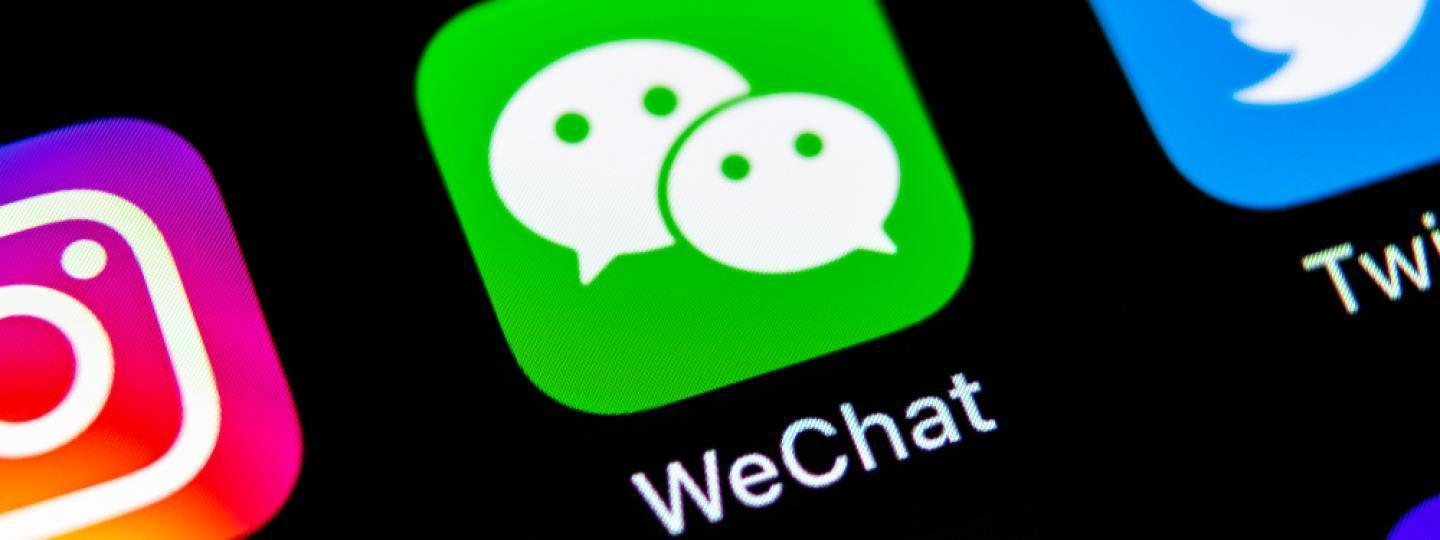
In the photo: The app that China cannot live without Photo credit: Poynter
Few Westerners can comprehend the domination of WeChat in China, because to say that you cannot live in China without WeChat would be an understatement… Looking at WeChat’s success, one can see that to change the behavior of the largest nation requires more thinking, much more than those of Facebook and Snapchat. You see, Facebook and Snapchat are a social network company, they allow you to chat with friends and see their pictures and posts. But WeChat, during its 8 years of existence, has strived to be able to accomplish as many of the daily tasks of its users as possible, in fact, that is one of their company growth metrics. This level of integration into a user’s life, combined with the thoughtful and brilliant engineering and design by the team at Tencent, immediately makes people rely on WeChat.
Once enough people jump on board, the behavior of an entire nation is changed in a matter of a few years, not decades.
Although not a sustainability-related example, the case of WeChat shows that this approach to behavior change can have a profound impact on society. WeChat was able to drive the transition of a truly cashless society in China at an unimaginable pace. The pace which we need in the field of sustainability if we are to be successful.
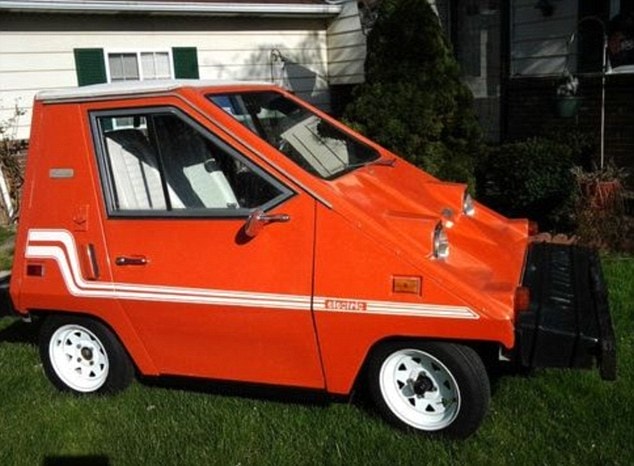
In the photo: Pre-Tesla era electric car. Photo credit: Dailymail
Another great example of behavior-changing action is Tesla. Instead of spending millions of dollars on advertising on television and Super Bowl, Tesla focuses on making electric vehicles beautiful and fast, breaking traditional attitude towards electric cars.
Tesla demonstrated to the world that driving a car fueled not by diesel but with electricity does not have to be painful and humiliating, but instead is comfortable and fun.
With zero dollars spent on ad campaigns, Tesla was able to turn the whole world’s perception towards electric vehicle around, which in turn has changed countless people’s behavior when it comes to buying a new car.

In the photo: Tesla Model S: an electric car that people loved. Photo credit: Jp Valery on Unsplash
As the co-founder of Tesla Marc Tarpenning once said: “changing behavior is hard.” This is especially true in today’s world when it is environmentally related.
The solution that the Tesla co-founder gave was to use your wisdom and design something that is far better than what is available today. Not only does the product have to be sustainable, but it also has to be more convenient and better in other areas for the consumers of today to adopt it. But once you do, and once the behavior of the consumer is changed, it will be hard to stop the momentum.

In the photo: It is up to us and our behaviour to save the environment. Photo credit: McKenna Phillips on Unsplash
To achieve a liveable future, we need a sustainability revolution at a rate and scale that is unprecedented in the Earth’s history. The United Nations launched an app, the Act Now Bot, to coincide with the UN Climate Summit in Poland, but it was only available on Facebook’s messenger platform: A good start, a first step but not enough.
If we want to truly achieve the goal, we need actions! Actions which put consumer behavior-changing at the forefront. Because no matter how low the price per kWh of photovoltaics panels fall to, or how many more GW or TW of renewable energy we add to the grid, sustainability cannot be fully achieved without a change of behavior from the consumers themselves.
EDITOR’S NOTE: The opinions expressed here by Impakter.com columnists are their own, not those of Impakter.com. Cover Photo Credit: Holger Link on Unsplash




